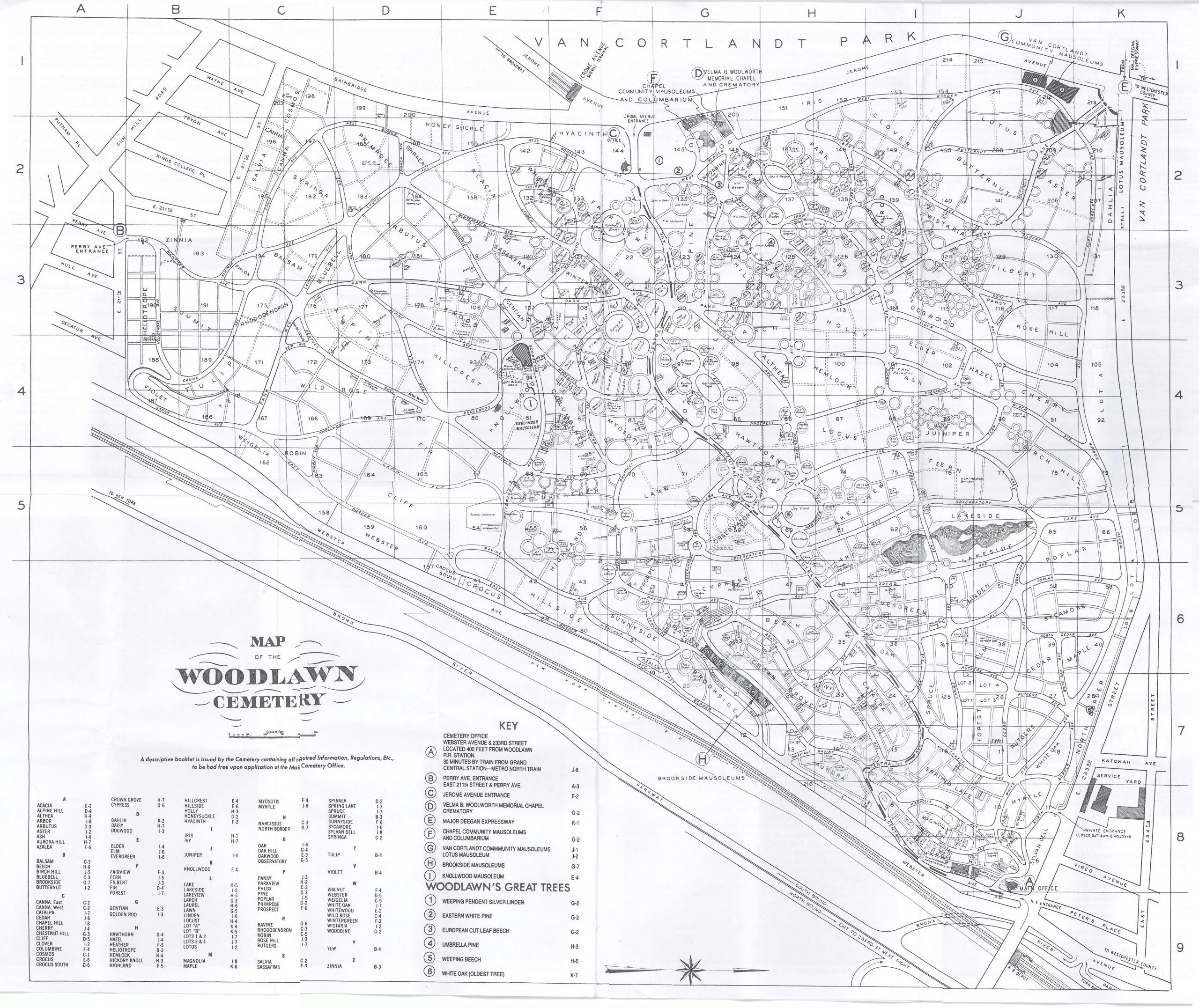Oliver Belmont
Fun Fact
Yes, the Belmont Stakes are named after August Belmont, a financier who made quite a name and fortune for himself in New York politics and society. Obviously, Mr. Belmont was also quite involved in horse racing, and his imprint is even intertwined within the history of the Kentucky Derby. However, the one thing the Belmont does have over the Derby is that it is the oldest of the three Triple Crown events. The Belmont predates the Preakness by six years, the Kentucky Derby by eight. The first running of the Belmont Stakes was in 1867 at Jerome Park, on, believe it or not, a Thursday. At a mile and five furlongs, the conditions included an entry fee of $200, half forfeit with $1,500 added. Furthermore, not only is the Belmont the oldest Triple Crown race, but it is the fourth oldest race overall in North America.
Cemetery Information:
Final Resting Place:
Woodlawn Cemetery
4199 Webster Avenue
Bronx, New York, 10470
USA
North America
Map:

Grave Location:
Whitewood Plot, Section 134Grave Location Description
From the Jerome Avenue entrance turn right on West Border Avenue until you reach the first intersection. Look to your left and you will see the large, chapel-like structure which is actually the mausoleum of Alva and her husband Oliver.







